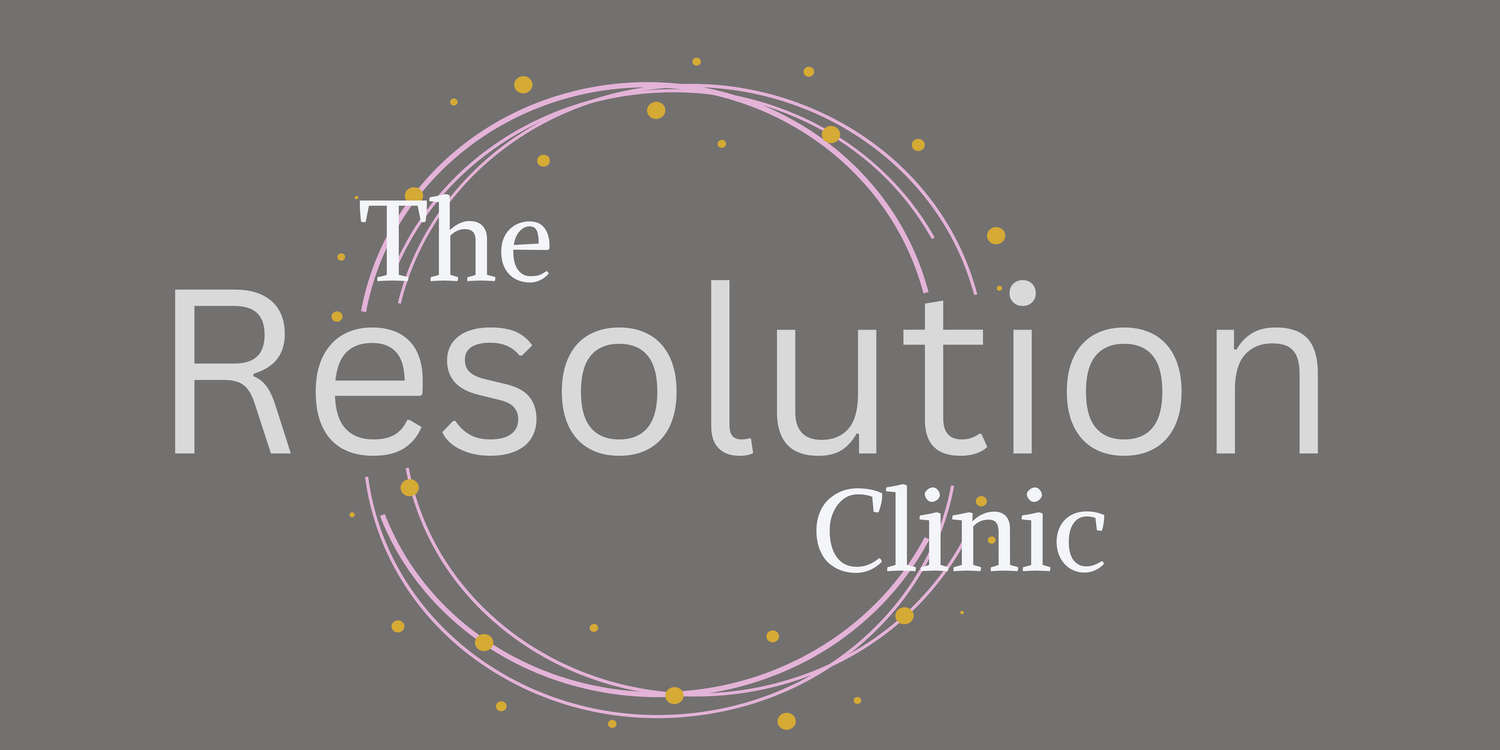
Newborn and Infant Physical Examination
What is the NIPE?
Imagine your baby receiving a thorough physical examination from a caring midwife within the first few days of their arrival. That’s exactly what the Newborn and Infant Physical Examination (NIPE) is about.
The NIPE is a gentle, non-invasive assessment of your baby’s health undertaken by a trained healthcare professional. The assessment aims to identify any potential health concerns early on, ensuring prompt intervention and appropriate care if necessary. Most of the time, it simply provides reassurance that all is well with your new arrival.
The NIPE is offered again at 6 weeks by your GP to ensure nothing has changed for your baby. But if you have any concerns going forward, you should raise them with your Public Health Nurse or GP.
The Importance of NIPE Screening
Reassurance for parents
NIPE screening provides you with peace of mind, knowing that your baby has received a thorough examination by a trained healthcare professional. It offers reassurance that any potential health concerns will be identified early, reducing anxiety and allowing you to focus on enjoying your new role.
Early detection of abnormalities
NIPE screening can identify a range of health issues that may not be immediately apparent, such as cataracts, congenital heart defects, hip dysplasia, cleft lip and palate, and certain genetic conditions. Detecting these conditions early enables timely intervention, improving the chances of successful treatment and management.
Facilitating timely intervention
Some health conditions, if left undiagnosed and untreated, can lead to significant long-term complications. NIPE screening enables healthcare providers to identify such conditions promptly, allowing for early intervention and appropriate referrals to specialists, if needed. This can significantly improve the outcomes for affected infants.
Providing support and guidance
NIPE screening is not only about identifying potential health issues but also an opportunity to provide parents with vital information, support, and guidance. I can address any concerns parents may have and offer advice on various aspects of newborn care, feeding, and development.
What happens during the NIPE?
Before the NIPE, I will talk to you about the test, what I am looking for and what I expect to find. I will ask you questions about your family history, your pregnancy and birth, and will be happy to answer any questions you have regarding your baby’s health, along with general advice on caring for a baby in the first weeks and months. I will ask for your consent to hold you baby and examine them, if you’re not sure about anything you can ask me. It’s important that you feel happy and understand what is happening.
During NIPE screening, your baby will receive a gentle head-to-toe examination. I will assess your little one’s skin, heart, lungs, abdomen, hips, eyes, ears, mouth, and limbs, ensuring no tiny detail goes unnoticed. Most babies are quite happy during the examination. I aim to keep them warm and feeling safe, no aspect of the NIPE should hurt your baby in any way.
I will talk to you and your baby throughout the test and you can ask any questions as we go along.
The NIPE is a screening tool, it’s isn’t diagnostic. If I find any concerning symptoms I will discuss them with you in full and make an appropriate referral for any diagnostic tests.
After the examination, I will record my findings and again, you will have the opportunity to discuss any concerns or questions with me. I will give you a copy of my documentation for your records.
I recommend that all babies see their GP at 6 weeks for a repeat NIPE. This is the normal care pathway in Ireland and is a good opportunity for your GP to meet their new patient.
Why do you offer the NIPE?
The NIPE is offered to all babies in Ireland, usually between 24 and 72 hours after birth, by a paediatrician in hospital. If your baby has had this screening there is no reason to book another one.
In my experience, families who choose homebirth can find organising the NIPE at a time that suits them rather challenging. Not to mention that going into hospital just 24 hours after a homebirth can be stressful and upsetting. Afterall, staying at home is the aim!
I was lucky enough to be offered the opportunity to train at Teeside University last year by Private Midwives, and am delighted to offer home visits for families the opportunity to have this important examination without even leaving their bed.
If you would like more information feel free to contact me.

